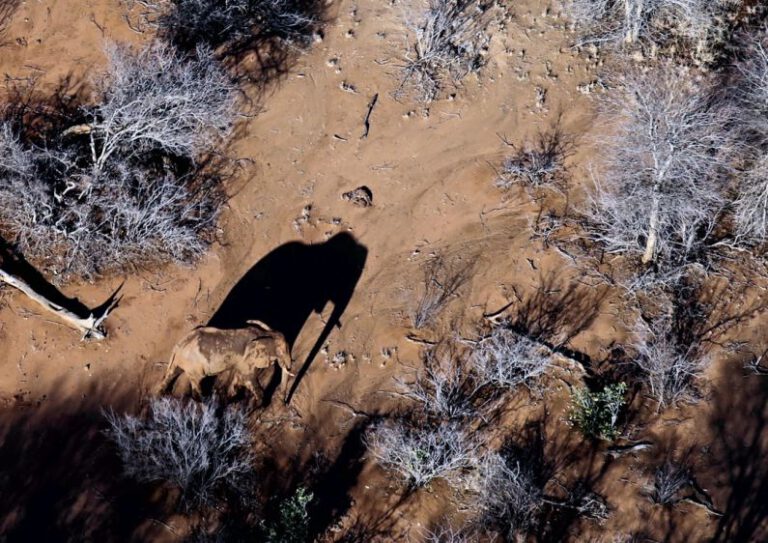Autonomous Ai in Space Exploration
The Future of Space Exploration with Autonomous AI
In the realm of space exploration, technological advancements have played a crucial role in pushing the boundaries of human knowledge and discovery. One such innovation that has revolutionized the way we explore the cosmos is the integration of autonomous artificial intelligence (AI) systems into spacecraft and rovers. These autonomous systems have enabled space missions to operate more efficiently, gather more data, and navigate through the complexities of outer space with precision. Let’s delve into how autonomous AI is shaping the future of space exploration.
Enhancing Mission Efficiency
One of the key advantages of incorporating autonomous AI into space exploration missions is the significant enhancement of operational efficiency. Traditional space missions heavily rely on ground control teams to send commands to spacecraft and analyze data, which can introduce delays due to communication lag and human error. By contrast, autonomous AI systems are equipped with sophisticated algorithms that enable them to make real-time decisions based on predefined parameters, reducing the need for constant human intervention.
These autonomous systems can perform tasks such as trajectory adjustments, data analysis, and even hazard avoidance independently, allowing missions to adapt to unforeseen challenges without waiting for instructions from Earth. This capability not only streamlines mission operations but also enables spacecraft to make split-second decisions that are crucial for their safety and success in the harsh environment of space.
Maximizing Data Collection
Another significant benefit of autonomous AI in space exploration is its ability to maximize data collection during missions. Spacecraft and rovers equipped with autonomous systems can autonomously prioritize scientific objectives, select targets for observation, and adjust data collection parameters in real-time. This dynamic approach to data gathering ensures that valuable scientific information is not missed due to communication delays or human oversight.
Autonomous AI systems can also analyze incoming data on board spacecraft, identifying patterns, anomalies, and areas of interest without needing to transmit every piece of data back to Earth for analysis. This capability not only reduces the volume of data that needs to be transmitted, conserving bandwidth and power, but also enables missions to react quickly to new discoveries or unexpected phenomena in space.
Navigating Complex Environments
Navigating through the vast and treacherous expanse of space is a daunting challenge for any space mission. Autonomous AI systems have proven to be invaluable in helping spacecraft and rovers navigate complex environments such as planetary surfaces, asteroid fields, and other celestial bodies with precision and accuracy.
These systems use a combination of sensors, cameras, and intelligent algorithms to map out their surroundings, identify obstacles, and plot the safest and most efficient course of action. By autonomously adjusting their trajectories and avoiding potential hazards, spacecraft can explore challenging terrains and reach remote locations that would be difficult or impossible to access with traditional manual control methods.
The Promise of Autonomous AI in Future Space Missions
As we look towards the future of space exploration, the role of autonomous AI systems will only continue to grow in significance. From enabling missions to operate more efficiently and gather more data to navigating through complex environments with precision, autonomous AI is reshaping the way we explore the cosmos. The integration of advanced AI technologies such as machine learning and neural networks holds the promise of further enhancing the capabilities of autonomous systems, opening up new possibilities for scientific discovery and exploration in space.
In conclusion, the marriage of autonomous AI and space exploration represents a paradigm shift in how we approach and conduct missions beyond Earth. By leveraging the power of artificial intelligence to augment and automate key aspects of space missions, we are not only expanding our understanding of the universe but also paving the way for future generations to push the boundaries of human exploration even further. The future of space exploration with autonomous AI is indeed a thrilling frontier that holds endless opportunities for discovery and innovation.






